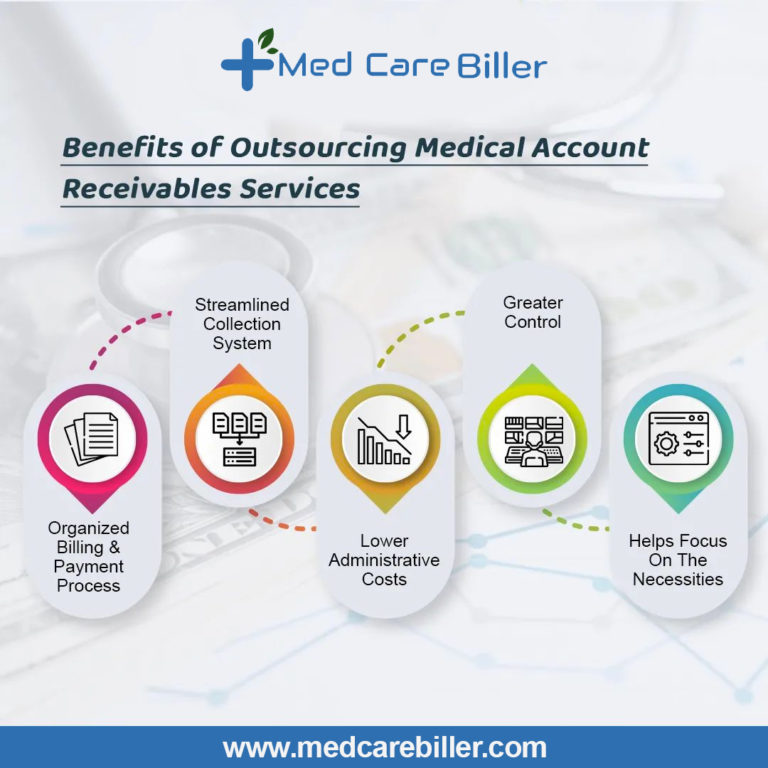Regulations have had a significant impact on medical billing and coding practices. The following are a few examples of how regulations have affected these practices:
- HIPAA: The Health Insurance Portability and Accountability Act (HIPAA) was enacted in 1996 and requires healthcare providers to protect the privacy and security of patient health information. As a result, medical billing and coding professionals must ensure that they are following HIPAA regulations when handling patient information, including properly coding and billing for services.
- ICD-10: In 2015, the International Classification of Diseases, 10th Revision (ICD-10) was adopted as the standard for coding diagnoses and inpatient procedures. This change required medical billing and coding professionals to become proficient in a new coding system, which was more complex and detailed than the previous one.
- Quality Payment Program (QPP): The Quality Payment Program is a new program from the Centers for Medicare and Medicaid Services (CMS) that aims to improve the quality of care provided to Medicare beneficiaries. Medical billing and coding professionals are required to participate in the program, which includes reporting quality measures, using certified electronic health record technology, and participating in the Merit-based Incentive Payment System (MIPS) or Alternative Payment Models (APMs).
- Affordable Care Act (ACA): The Affordable Care Act (ACA) was passed in 2010 and includes several provisions that have affected medical billing and coding practices. One example is the ACA’s requirement that health insurance plans cover certain preventive services at no cost to the patient. This has led to an increase in the use of preventive services, which in turn has led to an increase in the need for accurate billing and coding.
- Compliance and Auditing: The government and private payers now have a greater focus on compliance and auditing of billing and coding practices. Medical billing and coding professionals are now required to document and maintain records of their billing and coding practices to ensure they are compliant with regulations.
As a result of these regulations, Medical billing and coding professionals need to keep themselves updated with the latest regulations and standards to ensure they are compliant with them.






